Runaway

In the aftermath of his father’s death, an encounter with a literary hero at the Disquiet International Literary Program gives the author of Wyoming what he needs to write again: gratitude.
Jump to navigation Skip to content
Articles from Poet & Writers Magazine include material from the print edition plus exclusive online-only material.

In the aftermath of his father’s death, an encounter with a literary hero at the Disquiet International Literary Program gives the author of Wyoming what he needs to write again: gratitude.
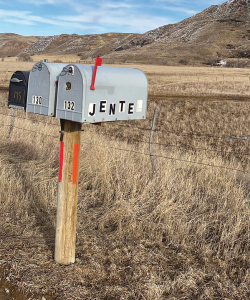
A fortuitous residency at Jentel gives the author of Incantation: Love Poems for Battle Sites a chance to dream big and forge the first hundred pages of a new collection in just two weeks.
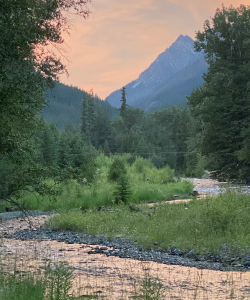
In a season of disappointment while trying to conceive, the author of How to Commit a Postcolonial Murder reconnects with creativity at the Summer Fishtrap Gathering of Writers.

At Ragdale, the author of The Great Believers receives portents that shape her books and strengthen her resolve.
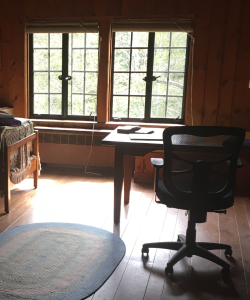
Amid political turmoil and momentous life changes, a retreat at the Blue Mountain Center gives the author of The Archer inspiring ideas about how to be an artist—even without writing any new pages.

Foxes, llamas, and one portentous bobcat remind the author of Ninetails: Nine Tales that the artistic process can’t be planned or tamed—and that perhaps its wildness is one of the reasons we write.

Fairy tales are built on their own enchanting associative logic. A maestro of magical realism explores what writers can unlock when they let readers leap between a story’s plot points—and where such a trail of breadcrumbs can lead.

The award-winning writer studies how the most powerful horror stories are grounded in “deeply human dilemma,” and how daring the ghoulish can bring us closer to our characters.

Ten debut poets, including Gbenga Adesina and Kalehua Kim, share the inspiration, advice, and writers block remedies that have sustained their literary practices.

The author of Winter Counts offers a masterclass in building suspense, whether your character is planning a heist or planting a garden.

Five acclaimed writers traverse the literary landscape, gleaning lessons from diverse genres of writing and bringing them back to bear on any work.

The celebrated writer shows how science fiction’s “novums”—the futuristic or fantastical developments a writer invents in their work—can delve into philosophical questions, explore contemporary issues, and help us see worlds that are not yet real.

The best historical fiction “vibrates with a past that is in the present” and reveals the unseen in stories thought we knew—craft skills any writer can bring to their work.

An agent at Trellis Literary Management offers nuanced advice to writers on approaching literary magazine publication, including how much these credits matter in a query letter and which writers benefit most from such exposure.
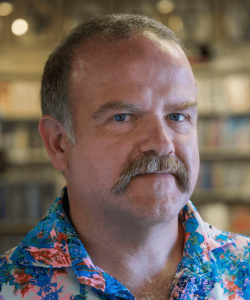
The editor of Diagram highlights five literary magazines with unexpected ambitions, including a celebration of sentence-long narratives and a journal dedicated to revenge.

Writers looking to place their prose and poetry chapbooks will find committed advocates and caring editors at indie publishers including Cooper Dillon Books and Black Lawrence Press.
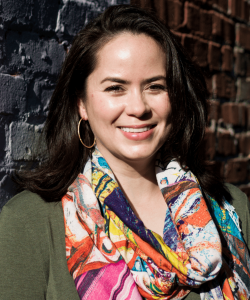
The author of the collection What We Fed to the Manticore highlights homes for short fiction that embrace new talent, spark dynamic conversations, and live the values of inclusion and representation.

The author of American Harvest: God, Country, and Farming in the Heartland identifies exemplary journals publishing nonfiction, where editors seek “a novel point of view, a voice willing to confront the true uncharted territory of the imagination.”

The author of How to Submit: Getting Your Writing Published With Literary Magazines and Small Presses names top journals offering visibility, community, and meaningful pay to poets.

When feeling beaten by your manuscript, come back to the page with humility and curiosity, and remember the ways that this work feeds you.

Monthly deliveries of a perfect roast, strongly brewed, may be nearly as important as the companion who introduces them to you.

Consider your cuts as a culling of the herd, and know that even writing which is omitted will leave its imprint on the book.

Find your social buoys, practice your talking points, and if all else fails, return to the topic of shoes.

A writing degree’s worth lies in early readers met, sacred hours at the desk, life-changing books, and deep community.